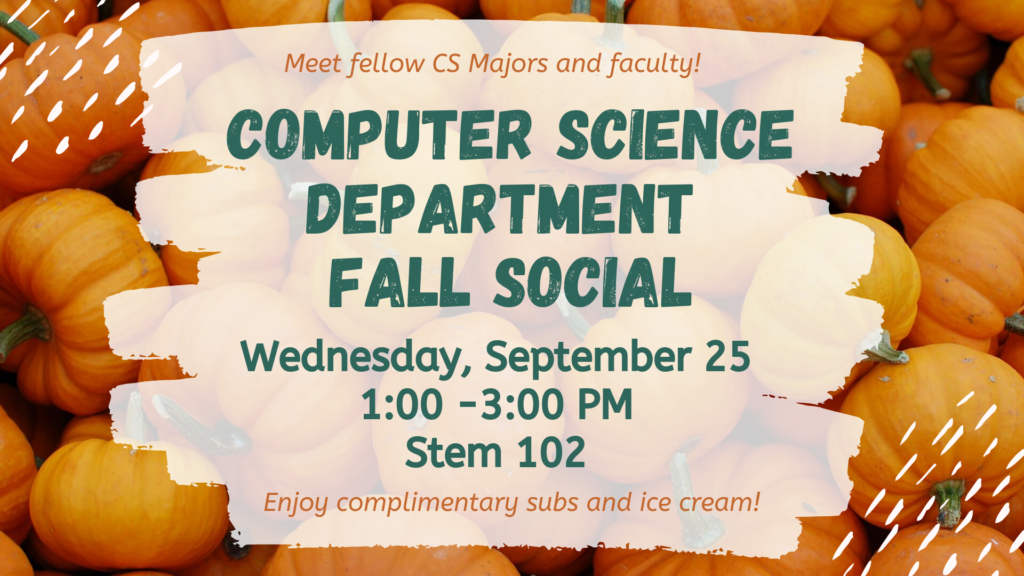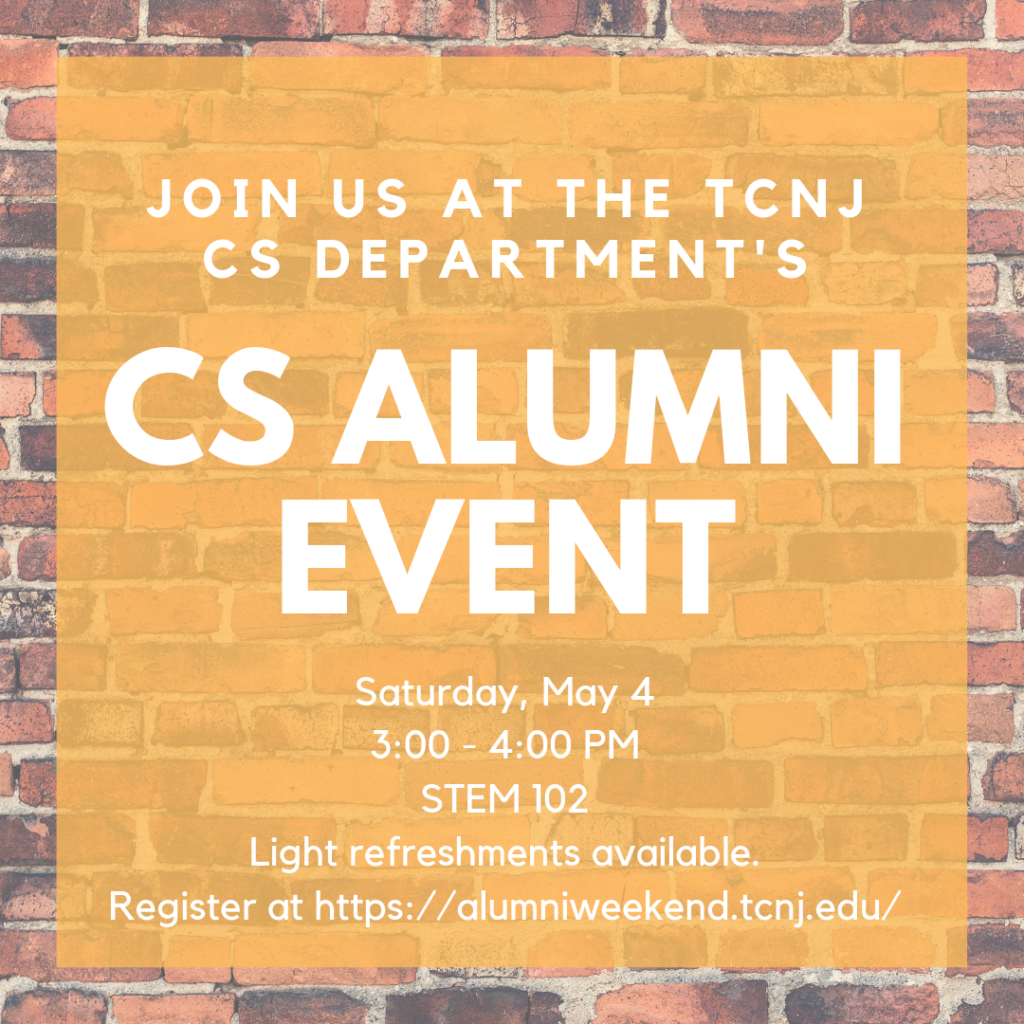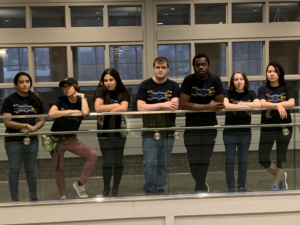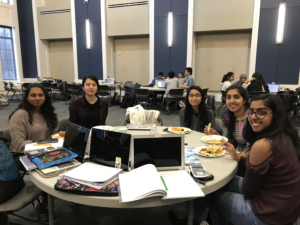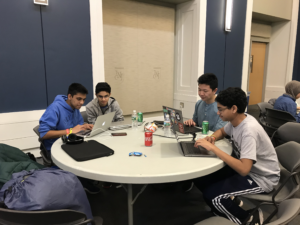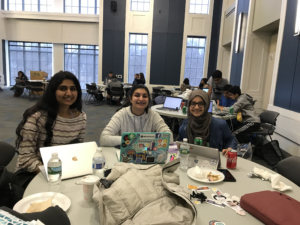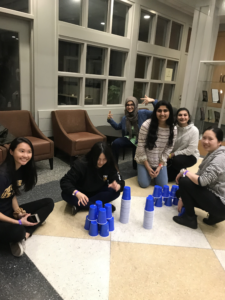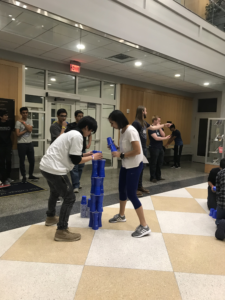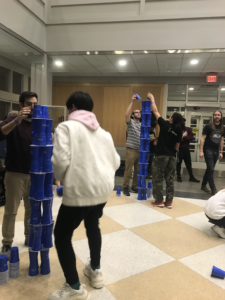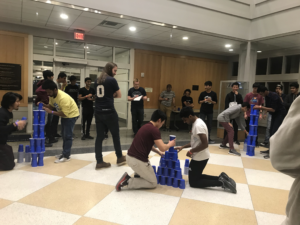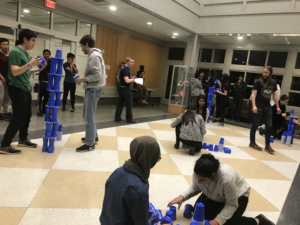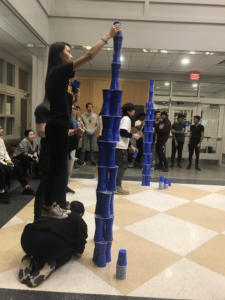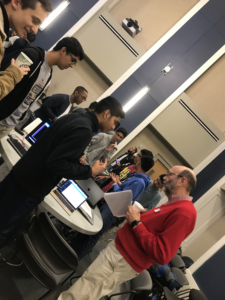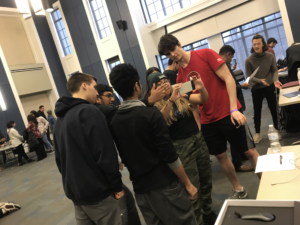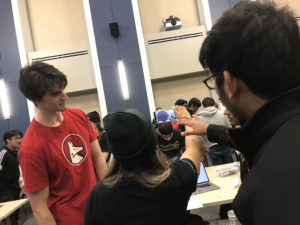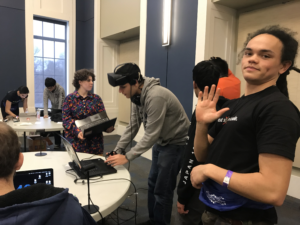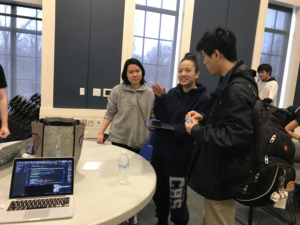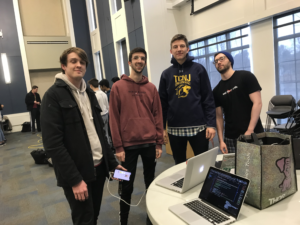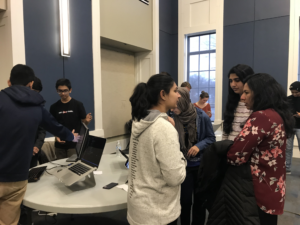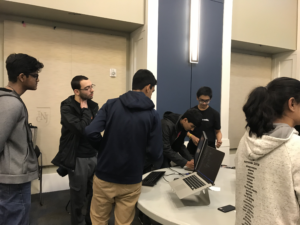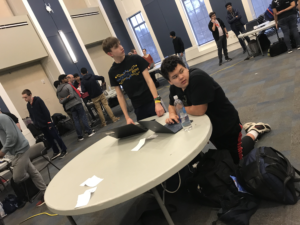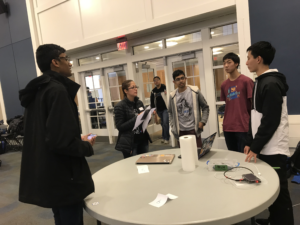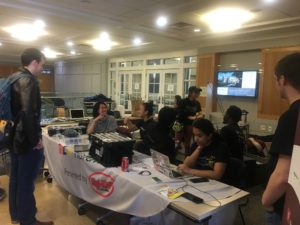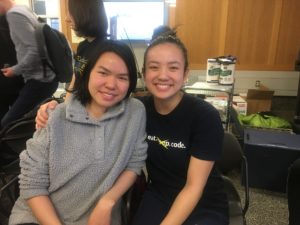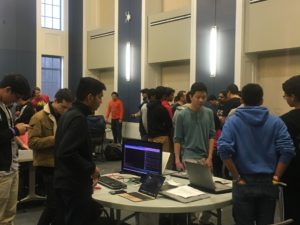On Tuesday, April 2, Dr. Youngmoo Kim, Director of the Expressive and Creative Interaction Technologies (ExCITe) Center at Drexel University, will give a talk entitled “Pathways for Disciplinary Integration in Higher Education“. An abstract of the talk can be found below.
Please join School of Science faculty and students in Education Building 212 from 12:30 – 1:30 PM for this talk.
Lunch reception will follow.
Abstract:
The recent National Academies report, “Branches From the Same Tree” (2018), examined an important trend in higher education: integration of the humanities and arts with sciences, engineering, and medicine at the undergraduate and graduate level—which proponents argue will better prepare students for work, life, and citizenship. Integrative models intentionally seek to bridge the knowledge, modes of inquiry, and pedagogies from multiple disciplines—the humanities, arts, sciences, engineering, technology, mathematics, and medicine—within the context of a single course or program of study. As one of 22 members of the committee for this report, Dr. Kim will share findings and experiences from the process, as well as some of their work at the ExCITe Center of Drexel University to facilitate greater integration and collaboration across a diversity of academic disciplines.
Bio:
Dr. Youngmoo Kim is Director of the Expressive and Creative Interaction Technologies (ExCITe) Center, an institute at Drexel University for transdisciplinary research and discovery connecting technology and communities, and Professor of Electrical & Computer Engineering. His research group, the Music & Entertainment Technology Laboratory pursues AI for music and sound, human-machine interfaces and robotics for expressive interaction, and K-12 outreach for maker and STEAM (Science, Technology, Engineering, Arts & Design, and Mathematics) education. He is co-author of the National Academies report “Branches from the Same Tree” on the integration of the Humanities & Arts with Sciences, Engineering, and Medicine in Higher Education, released May 2018, and recently co-edited a special issue of Proceedings of the National Academy of Sciences focusing on creativity and collaboration. Youngmoo also co-authored “Making Culture: A National Study of Education Makerspaces” recently presented at SXSW EDU. He received Drexel’s 2012 Christian R. and Mary F. Lindback Award for Distinguished Teaching, took “Scientist of the Year” honors at the 2012 Philadelphia Geek Awards, and is a member of the Apple Distinguished Educator class of 2013. His research has been supported by the National Science Foundation, the John S. and James L. Knight Foundation, and the NAMM Foundation, among others.

